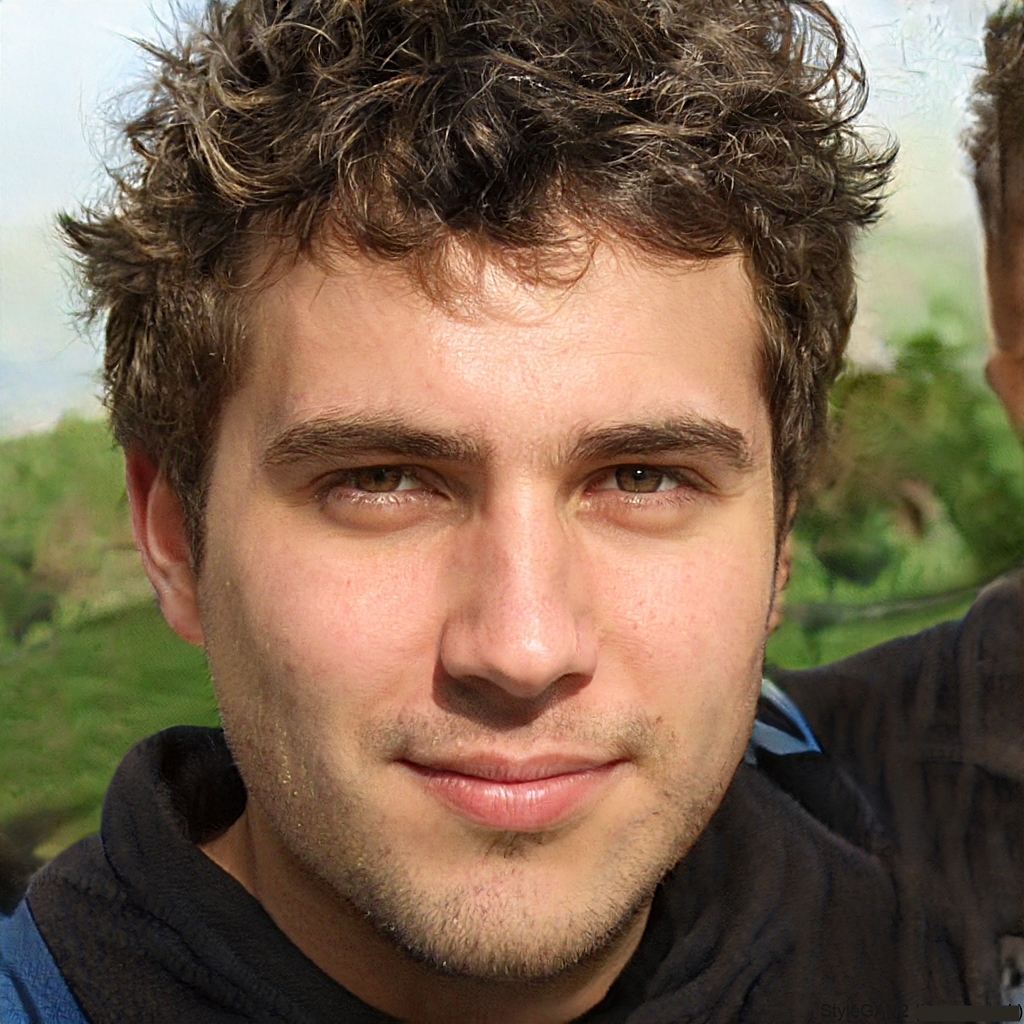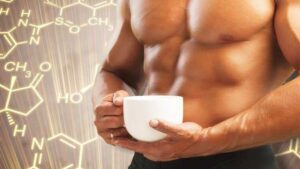Upholding healthy testosterone homeostasis remains foundational for men’s physical vitality, mental clarity and thriving masculinity across life stages. As testosterone powers everything from metabolic rate to bone density, fertility to self confidence, gradually eroding testosterone after age 30 manifests unwelcome symptoms hampering men’s potential.
Rather than artificially replace testosterone medically through shots, creams or pills with notable side effects, men can holistically restore youthful testosterone biochemistry via evidence-based lifestyle adjustments. Here we elaborate extensive yet practical techniques to start optimizing your masculine physiology today. Follow these comprehensive sections to sustain peak testosterone engines firing:
Understand Testosterone’s Crucial Role
Before exploring optimization, first appreciate why this dominate androgen matters. In males, gonads and adrenal glands secrete around 5-10mg testosterone daily – peaking during our late teens and twenties. Levels decline about 1% annually past age 30.
Facilitating protein synthesis and muscle growth, testosterone also governs confidence, competitiveness and spatial abilities. Bone matrix density relies on balanced testosterone preventing osteoporosis. Of course sex drive, arousal capacity and potency all depend on ample testosterone.
When levels dip too low, men grow vulnerable to sexual dysfunction, inertia, depression and loss of that notorious alpha male mojo. Savvy men act early countering depletion, avoiding apathy taking hold. Let’s examine proven tactics elevating free testosterone naturally.
Lower Chronic Stress
Our adrenal glands govern the stress response – great for escaping occasional threats but devastating when always activated. Pumping stress hormones like cortisol shifts biology into catabolism, breaking down tissues.
Cortisol directly impedes GnRH production – the master hormone orchestrating testosterone synthesis and regulation. So stress literally castrates masculinity. Stress also reduces anabolic growth hormones and restorative sleep essential to balance hormones.
Combat stress masterfully via lifestyle adjustments like sufficient sleep, leisure pleasures, decompressing through journals or therapy, medicinal mushrooms, adaptogenic herbs and perhaps most pivotally, dedicated meditation practice. Just 20 minutes daily effectively lowers cortisol over 65% so testosterone can rebound.
Lift Heavy Weights
Resistance training powerfully signals muscle tissues to release various anabolic hormones, chiefly free flowing testosterone. Squats, deadlifts, overhead presses prompt significant testosterone boosts supporting further muscular and performance gains. But lifting moderately won’t cut it.
Studies confirm only very heavy lifts using large muscle groups – think above 80% your max capacity for sets under 6 reps – acutely spikes testosterone. So go hard focusing compound lifts then split other days perfecting physique enhancing isolation moves for maximum hormonal response.
Just brief intense sessions twice weekly will do wonders staving off hereditary hormonal slides. Always allow recovery – testosterone academically plunges workout overtraining when the nervous system remains overwhelmed. Listen to your body.
Optimize Vitamin D Levels
Though technically its own versatile steroid hormone, vitamin D signals testicular Leydig cells to produce testosterone alongside sperm. Yet over 40% of men today are estimated vitamin D deficient, especially those living in northern latitudes and working office jobs.
Get blood levels testing around 40-50 ng/ml. Supplement 2000-5000iu vitamin D3 alongside smart UV light exposure through all seasons to avoid routine wintertime testosterone declines. Support thyroid function for broader metabolic support via selenium, zinc, copper and iodine as well.
Amplify Cholesterol Intake
All steroid sex hormones originate from cholesterol including testosterone. However, the persisting myth that dietary cholesterol remains uniformly detrimental has wrongly positioned otherwise healthy cholesterol-rich foods like pastured eggs as hazardous by old school thought leaders.
Yet current scientific literature proves dietary cholesterol bears no negative impact on blood lipids or cardiovascular disease risk in the vast majority. So embrace eggs, fatty red meats, shellfish and full fat dairy to offer your cells adequate cholesterol to synthesize testosterone maximally.
Consume Key Minerals
Certain minerals participate directly in testosterone production pathways within tissues. Chief among them are magnesium, zinc and boron at levels renderable through whole foods or targeted supplements.
Magnesium ignites over 300 enzymatic processes like protein synthesis and glucose metabolism, deeply connected to anabolism and vitality. Zinc forms testosterone’s building blocks within testicular leydig cells. Boron modulates estrogen and SHBG – freeing more total testosterone over 30 days.
Regular intake of spinach, nuts, mushrooms and seeds provides dietary magnesium. Meats, Brazil nuts and legumes supply zinc. Consume raisins, avocado and leafy greens harnessing boron. Supplement any shortcomings.
Block Estrogen Activity
As men age, accumulating body fat upshifts activity of aromatase enzymes converting precious testosterone into hazardous estrogen 24:7. Unchecked, expanding estrogen then signals more fat storage via insulin – perpetuating this vicious cycle escalating.
Combat estrogen through body recomposition efforts torching adipose tissue and avoiding xenoestrogen sources. Certain nutrients like resveratrol, green tea extract, calcium d-glucarate and chrysin help slow aromatization allowing testosterone availability to rebound over ensuing months.
Get Plenty High Quality Sleep
Our pulse pumping ally remains deep, restorative REM stage sleep when the brain specifically secretes stimulating luteinizing hormones along with growth hormone and prolactin to incubate testosterone synthesis the following day
Just one week of shortchanging sleep a few hours nightly significantly suppresses testosterone 20% or more from baseline. Make seven-nine nightly hours non-negotiable by managing routines, bedrooms and sleep hygiene for hormone harmony. Allow napping too – research confirms young men displayed over 30% greater testosterone response sleeping twice vs once per rest period.
Supplementing zinc, magnesium, glycine, melatonin and tryptophan at night can further deepen regenerative sleep to prioritize masculine restoration. Our guiding light remains chasing progress, not perfection here.
Our Recommended Testosteorne Booster:
Testoprime and Testogen are two of the top-rated natural testosterone boosting supplements currently available.
Testoprime
Testoprime works by increasing luteinizing hormone production which signals the testes to produce more testosterone. It contains proven testosterone boosting ingredients like D-aspartic acid, panax ginseng, fenugreek, and vitamin D. Users report improved energy levels, libido, and muscle growth from using Testoprime.
Testogen
Similarly, Testogen contains magnesium, zinc, vitamin D, nettle leaf extract and Korean red ginseng which are all linked to increased testosterone production and male health benefits. It helps men build lean muscle, burn fat for energy instead of carbs, improve mood and sleep quality. Testogen has thousands of satisfied customers and effective formulas to help support healthy testosterone levels. Both Testoprime and Testogen only use natural, science-backed ingredients to safely elevate testosterone.
As a final consideration, proactively checking T levels every three to six months allows monitoring personal baselines against population references ranges. If employing testosterone boosting protocols without clear improvements, consult an endocrinologist to assess potential insufficiencies requiring medical treatment.
Reclaiming enduring masculine drive requires implementing several evidence-backed techniques in tandem. Adjust diet and training programming thoughtfully while reducing inflammation and cultivating thriving sleep and pleasure. Soon enough, mental fog lifts, muscle pump returns and bedroom prowess reconnects. This artful dance supports men realizing their full biological potential decade after decade. Make men’s health mastery your lifelong journey.
Frequently Asked Questions(FAQ):
- Why does testosterone decline with age, and why does it matter?
Testosterone declines about 1% per year after age 30. Lower testosterone leads to reduced muscle mass, weaker bones, lower sex drive, lack of energy, and depression. It’s important to maintain testosterone for vitality. - How can you tell if your testosterone levels are low?
Symptoms of low testosterone include low libido, erectile dysfunction, less energy and strength, weight gain, and emotional issues like depression. Getting a blood test is the best way to check your testosterone level. - What lifestyle changes help boost testosterone?
Reducing stress, getting good sleep, doing heavy strength training, optimizing vitamin D levels, consuming cholesterol-rich foods, and supplementing with key minerals like magnesium, zinc and boron can all help elevate testosterone. - How does excess estrogen cause low testosterone?
As men age, more testosterone converts to estrogen. Excess estrogen signals the body to store more fat, which converts more testosterone to estrogen, perpetuating the cycle. Reducing body fat percentage can help rebalance hormones. - What supplements are good for increasing testosterone?
Supplements like zinc, magnesium, vitamin D3, and herbs like ashwagandha may help support healthy testosterone levels. Consulting a doctor helps determine if supplementation may help.





